Uganda
Accusation of sex crimes will be the focus as the trail of ta top lieutenant of Lord’s Resistance Army Dominic Ongwen and leader Joseph Kony commence on Tuesday at the Hague.
He is accused of war crimes ranging from child kidnapping and forced marriage to rape and murder during the rebel group’s long rampage in northern Uganda.
However, the court will focus more on Ongwen’s alleged sex crimes and crimes against women after criticism that past ICC cases neglected these crimes. It will be the first-time charges of forced marriage are central to an ICC prosecutor’s case.
His trail opens as the International Criminal Court faces the biggest crisis in its 15-year history, with several member states quitting over claims it unfairly singles out Africans for prosecution.
Ongwen was himself, a victim of the LRA’s child kidnapping campaign in 1988, pressed into service as a young teenager in Kony’s war against the government of President Yoweri Museveni, who had seized power two years before.
“Thanks your honour, but from my point of view whether the charges are read or not it’s going to be a waste of time. You may say five words and only two are true, but I have read and understood the charges” he said.
The ICC brought charges against Ongwen, Kony and four others who are believed dead, in 2005. Ongwen gave himself up to U.S. troops last January after a decade on the run, fearing for his life after falling out with Kony, who is still at large.
“So most of the people who were killed in the camp were killed by the gun, panga, stick and others were burnt inside, these young children were torn into pieces and then thrown into the fire then they burnt in there,” said a Barlonyo massacre survivor, Moses Ogwan.
For the ICC, the start of the trial is a rare positive, coming after South Africa and the Gambia announced their withdrawal from the court over allegations of anti-African bias and amid criticism from President Rodrigo Duterte of the Philippines, one of the court’s few Asian members.
The ICC, based in the Hague, the Netherlands, was founded when 120 countries adopted its founding treaty in 1998. It is seen as a successor to the Nuremburg trials after World War II and ad-hoc U.N. war crimes tribunals for the former Yugoslavia and Rwanda.




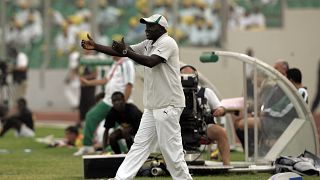
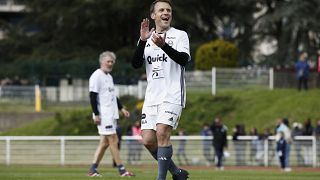
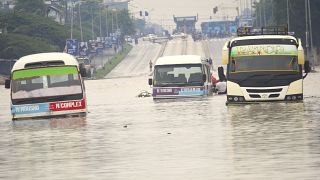
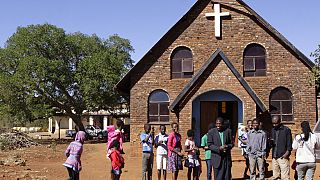
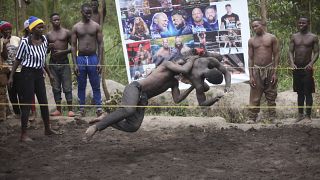
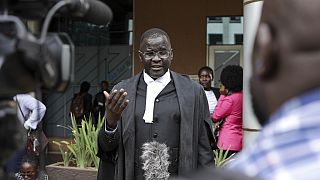
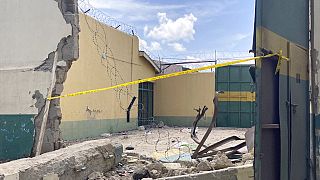
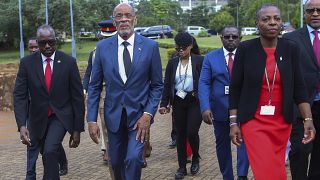
01:10
Joseph Kony: ICC sets October 15 for confirmation of charges hearing
01:36
Victims of jailed Ugandan militia leader to receive $56 million in compensation- ICC
01:16
ICC orders reparations for victims of Ugandan rebel chief
02:31
Grounds to believe Sudan's warring sides are committing crimes in Darfur - ICC
01:11
ICC concludes investigation into deadly post-election violence in Kenya
Go to video
Ghana Cardinal Peter Turkson: It's time to understand homosexuality